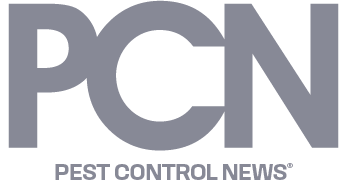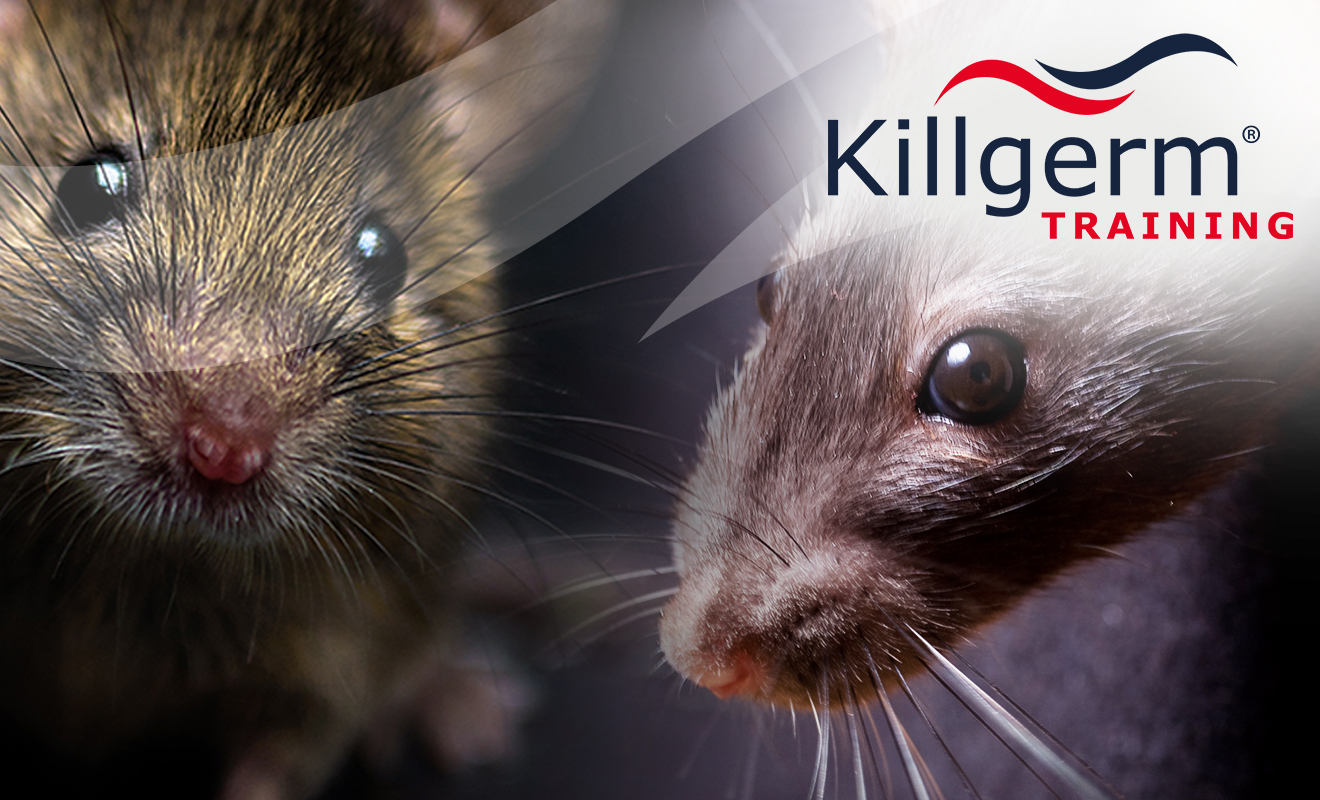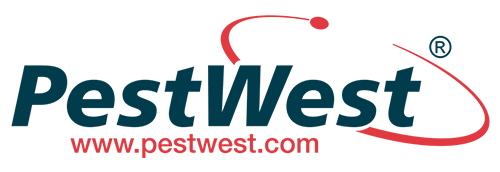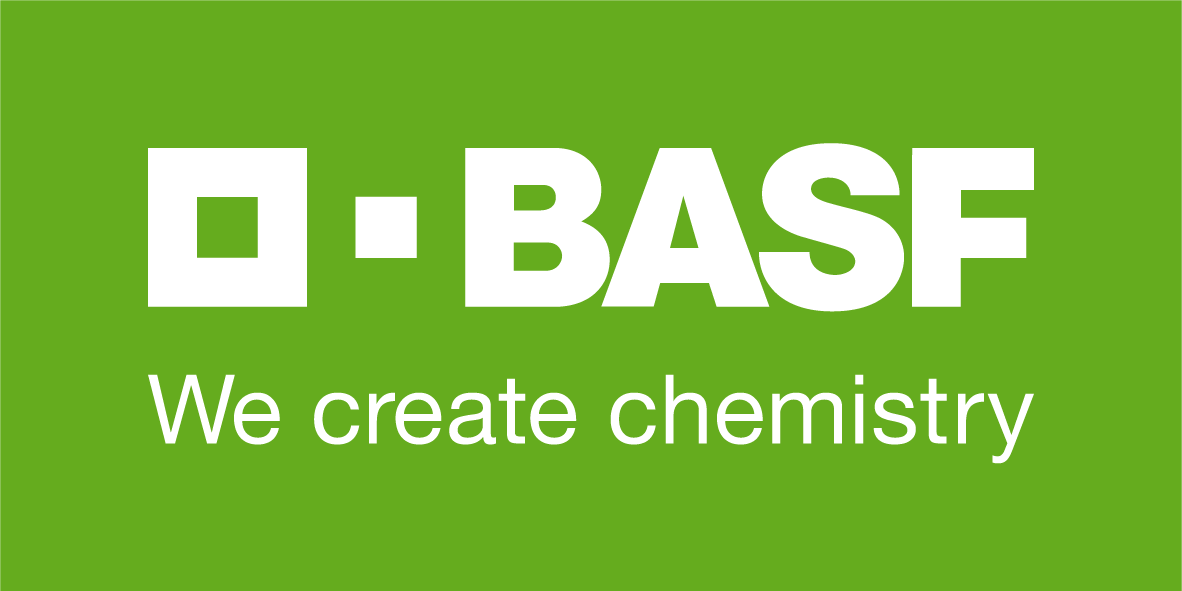Following on from the new glue trap licence regime announced by Natural England and Defra in May, the offences of the Glue Traps (Offences) Act 2022 will come into effect on 31 July 2024.
Only professional pest controllers involved in rodent control management will be able to hold a licence for glue trapping. A professional pest controller is someone who provides a pest control service for a public authority or as part of a business. To demonstrate this, applicants will need to have completed both the following courses and will need to provide evidence of these with the licence application:
- RSPH Level 2 Award in pest management
Licences will only be issued for exceptional circumstances, and where all alternative methods of rodent control are ineffective or impractical.
Update
Following stakeholder feedback, Minister Pow has asked for the following changes to the licensing regime (for the individual licences):
